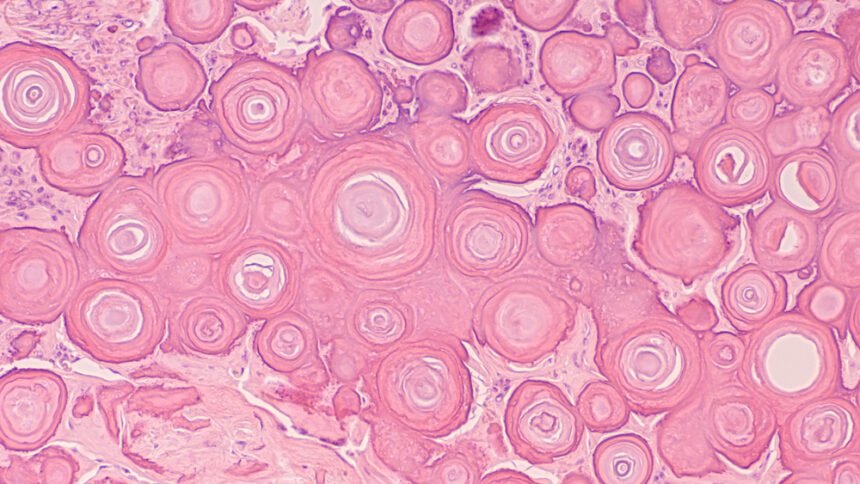Brain tumours can be not only challenging to deal with, but outright debilitating and even life-threatening. Meningioma is no different. Meningeal tumours are defined as being “typically slow-growing tumours that form from the meninges”. The meninges are the membranous layers that surround and protect the brain and spinal cord. As you might have already guessed, Meningioma is a brain cancer that is not only painful but even more precariously placed in an affected individual’s body. There is still more research needed to figure out exactly why brain tumors occur and what causes them. Science and medicine are constantly working to discover this very realisation.
The ongoing work towards understanding
In the meantime, however, we thankfully at least have an understanding of the ways that we can diagnose and treat not only Meningioma, but all forms of brain cancer and even benign tumours too. As far as gaining a genuine understanding of the symptoms and treatments associated with Meningioma, one must start all the way back years ago to gain a full understanding of the history of the cancer. The first signs found of probable Meningioma to date are from a skill that is approximately 365,000 years old. The skull was found in Germany (though there are other examples that come from North and South America, Africa, etc). Additionally, the earliest written record of probably Meningioma is from the 1600s.
Today, the advancements in treatment and the like have yielded positive results for Meningioma. There is still work to be done, but this is positive reinforcement, to say the least. To learn more about Meningioma, you can read this survival story.
The symptoms of Meningioma
There are several symptoms that can occur when an individual has a Meningioma tumour. The symptoms differ case to case, depending on the location of the tumour. Symptoms typically present themselves as a result of the tumour pressing on nearby tissue. What this means, unfortunately, is that many cases present little to no symptoms. However, there are other symptoms that individuals with this type of tumour may experience, including (but not limited to) dementia, seizures, trouble with verbal articulation, vision problems, one-sided weakness, and even loss of bladder control.
Family history may play a part in the risk of diagnosis too. Further, there are three types of brain tumour (benign – grade 1, of which 90% of cases are, atypical – grade 2, of which 7% of cases are and which includes brain invasion, and anaplastic – grade 3, of which 2% of cases are and is the most aggressive). Symptoms may differ depending on the type of tumour an individual has. lIf an individual presents no symptoms but has a Meningioma, then periodic observation may be all the treatment that is required. Positively, most cases that present symptoms can be cured by surgery. In fact, following complete removal less than 20% of tumours come back.
The treatments of Meningioma
There are several forms of treatment for Meningioma. The first is observation. This form of treatment is possible in select cases if the tumour is small and asymptomatic. It should be noted that observation is not typically recommended for tumours that are already causing symptoms. Surgery is a treatment for Meningioma that can be quite successful – even resulting in a permanent cure if the tumour is found to be superficial on the dural surface, as well as being easily accessible for the surgeon to remove the tumour itself.
And then, of course, are the aggressive treatments that are undertaken when the tumour is unable to be either partially or entirely removed safely without resulting in permanent and potentially catastrophic damage to the impacted individual. Radiation and chemotherapy (chemo has not been found to be overly useful in combating these types of tumours) are both aggressive forms of treatment and are not always permanently – or even entirely – effective. It differs case by case. Until a more effective and less painful approach to treatment is developed, this is where we stand.









